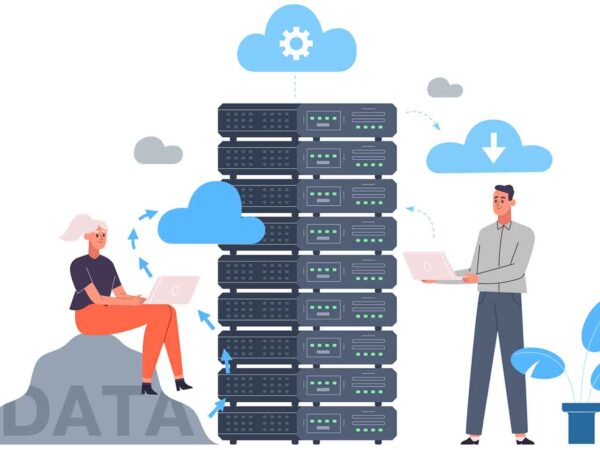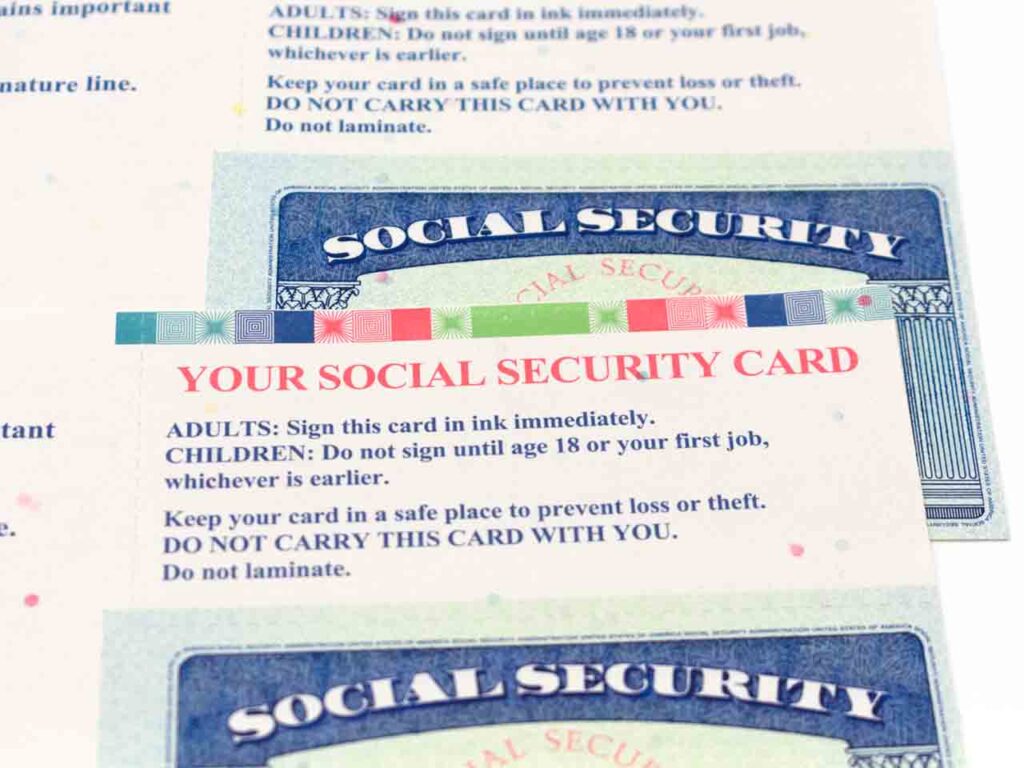Backing up your data can seem like a hassle. There’s the cost of cloud storage or backup drives, the sometimes tedious process of configuring the backup, and, of course, the time investment of learning how your backup system works.
And even though the need for backups has been hammered into your head by every IT professional you’ve spoken to, it’s all too easy to put that advice on the back burner — until disaster strikes, and it’s too late.

Stay One Step Ahead of Cyber Threats
If you’re still on the fence about whether data backups are really worth it, read on. They’re even more important than you might think.
Data Backups at a Glance
Keeping your data backed up protects you from ransomware and other malware, as well as attacks both digital and physical in nature.
In the event of data loss, having a backup can save you from weeks of downtime and financial damages, including hard drive recovery costs and lost revenue.
Customers and employees place greater trust in businesses that maintain data backups.
Data backups allow you to maintain comprehensive archives of your business records, smoothing out any bumps you encounter during tax season, financial overhauls, or system upgrades.
5 Reasons Why Data Backups Are Critical

1. Data Backups Protect You From Ransomware and Other Cyberattacks
66% of small- and medium-sized businesses have faced a cyber attack in the past 12 months, and those account for 43% of all cyber attacks.
And the latest cybercrime trend, ransomware, is also one of the most devastating — and widespread. 71% of all organizations experienced a ransomware attack in 2022.
These terrifying statistics are enough to make any business owner panic. Not only can attackers steal your and your customer’s data, but they can also lock it up and hold it for ransom — and you may have no hope of ever getting it back.
That is unless you keep your data backed up.
Ransomware attacks rely on the assumption that you only have one copy of your data. By encrypting that sole copy, the attacker forces your hand and gives you no choice but to pay up and pray that they hold up their end of the bargain.
But as long as you have a backup ready to go, you’ll be one step ahead of these cybercriminals. In the event of a ransomware attack, you’ll still have access to all of your data.
Backups protect you from other types of attacks as well: malware that wipes out your hard drive, a sketchy thumb drive that corrupts your files, or a burglar who breaks in and steals your computer.
2. Data Backups Save You Time and Money

When hard drives become corrupted or die, restoration is quick and easy — as long as you have a backup.
If you don’t, though, recovery can prove both time-consuming and prohibitively expensive.
Data recovery professionals can charge as much as $300 an hour for their services. And that’s not including per-gigabyte fees or any additional costs if the drive needs advanced repair.
On top of those costs, forensic data recovery is a slow process, so you’ll have to wait days or even weeks to get your data back.
In the meantime, your business will lose money every minute that you can’t access your data. Depending on the nature of your business, operations may need to halt altogether, resulting in thousands of dollars of lost revenue.
To avoid these high time and money costs, some people opt to try recovering their hard drives themselves with free or inexpensive software. But while these programs can work for small amounts of lost data, they’re not always successful — and if they’re not used correctly, they can even make your data harder to recover.
Depending on your industry and your location, you may face exorbitant fines for losing customer data if your recovery attempt is unsuccessful.
The best way to deal with this scenario is to prevent it entirely by keeping your data backed up. Restoration can be done in as quick as a few minutes, and your only new expense will be a new hard drive.
3. Data Backups Boost Your Reputation and Trust
No matter how hard you work to build your business’s reputation, all it takes is one data loss incident to lose your customers’ trust — and patronage.
Even if your data loss didn’t include any of their personal information, the downtime your business experiences following an incident can cause customers to go elsewhere. And when word of mouth spreads that your services were unavailable for days following a data loss, your likelihood of drawing in new customers drops catastrophically.
That’s not to mention the negative publicity that arises when you’re handed hefty fines for failing to protect your customers’ data.
On the other hand, maintaining data backups can be a great selling point for your business. Potential customers gain instant peace of mind when they learn that you’ve taken safeguards to protect their data and minimize downtime in the event of a disaster.
And customers aren’t the only ones who are comforted by good data backup practices. Your employees will also rest easier knowing that their personal information, tax forms, and other sensitive data are safe — and that, should a company hard drive die, recovery will be smooth and simple.
4. Data Backups Help You Future-Proof Your Business

A data loss event has cascading repercussions that can take weeks, months, or even years to materialize.
For instance, when your hard drive dies, your first concern might not be the loss of your company’s financial records from two years ago. But when you get a surprise audit from the tax authorities next year, and you can’t find those critical receipts and spreadsheets, you’ll wish you had thought to back them up.
Even if you’re good to go with the tax department, those old records can still come in handy when you least expect it. You may need to provide historical company data to a bank in order to secure a business loan, or a long-lost customer may return to inquire about his past transactions.
As long as you’ve got a solid data backup, you’ll have all of this information at hand, no matter what situation arises.
5. Data Backups Keep Your Important Files Safe
Malware, theft, computer malfunction, natural disaster, simple human error — every day, your critical files are at risk of being destroyed by any of these threats.
And these days, when many businesses rely entirely on digital data to operate, such an event is likely to annihilate any company that doesn’t maintain data backups.
You can always buy a new computer, install a new OS, find a new office, or order new stock, but those personnel files, customer records, financial spreadsheets, tax documents, and other critical data are irreplaceable. This makes them the most valuable — and vulnerable — part of your business.
And that makes backing them up an unnegotiable necessity.
Take the time to create a data backup strategy, then put it into practice. You won’t just feel more secure, you’ll be more secure — and when it comes to your business, there’s nothing more important than that.
What Is Data Backup and Why Is It Important? (Video)
"Amateurs hack systems, professionals hack people."
-- Bruce Schneier, a renown computer security professional






